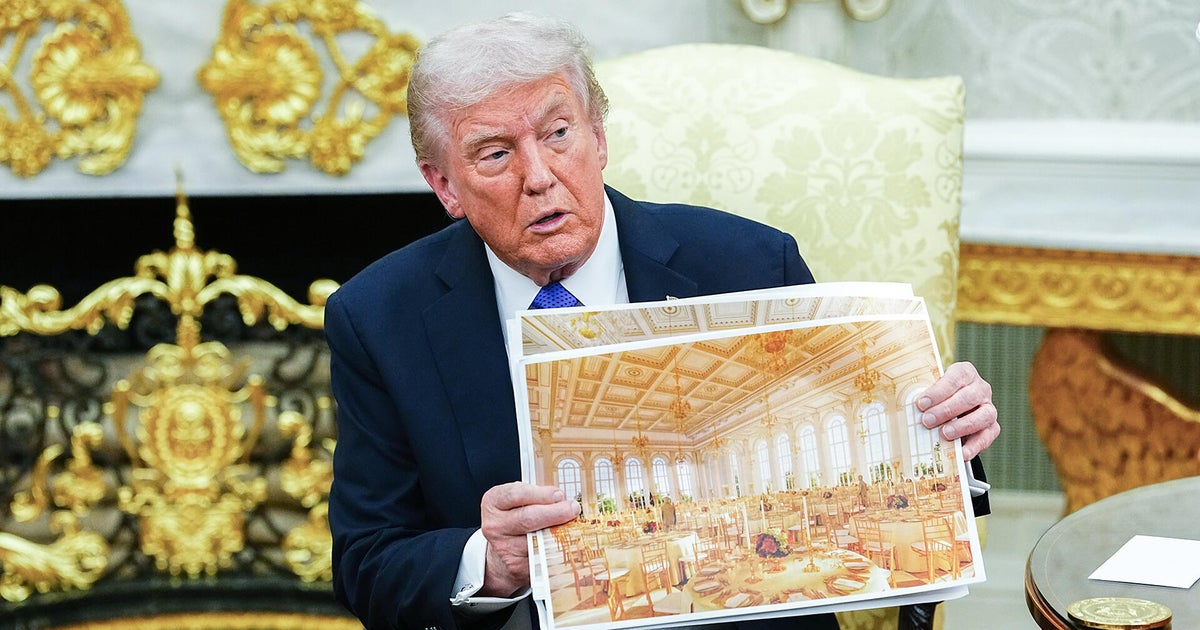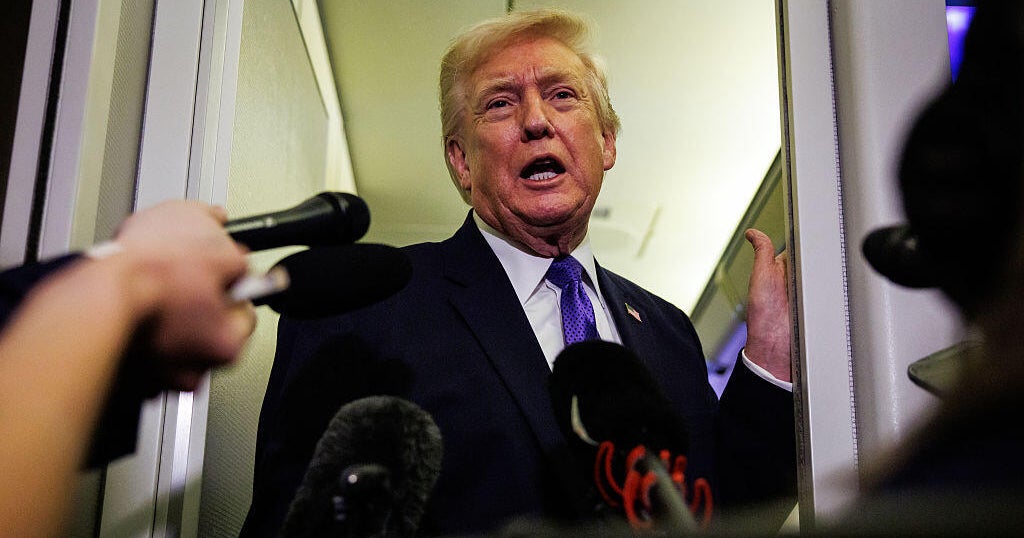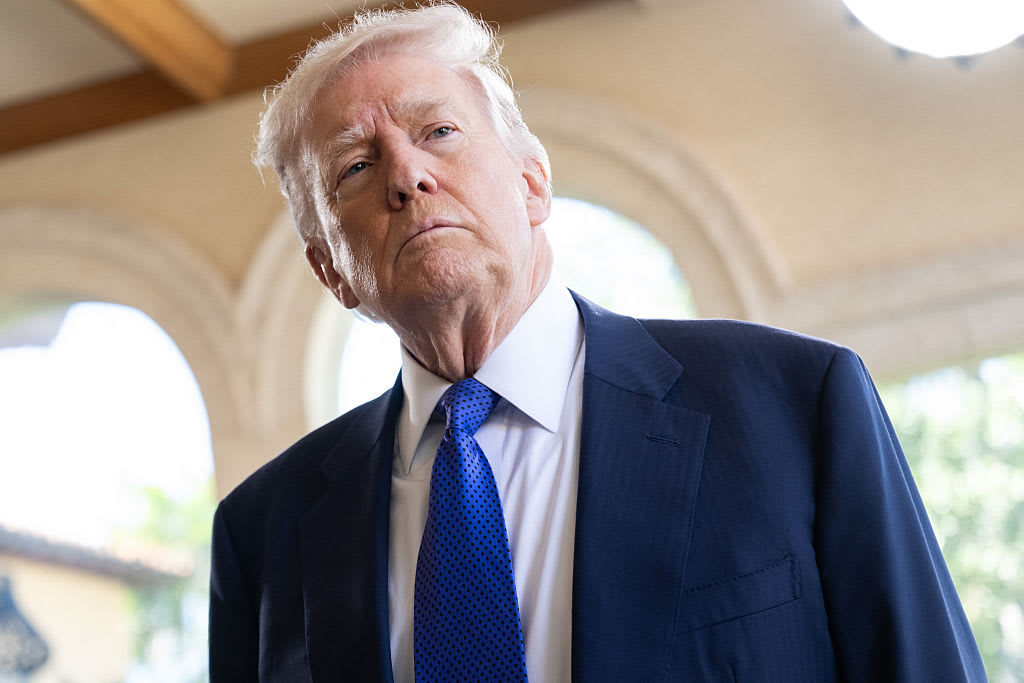Did Carrier's owner cave over fear of losing federal contracts?
Donald Trump was effusive in praising United Technologies (UTX) on Thursday for agreeing to keep jobs at its Carrier subsidiary from leaving Indiana for Mexico, saying that the company had “stepped up.” But another factor may have been at work: an implicit threat to yank lucrative federal contracts from the defense conglomerate if it ignored the president-elect’s pleas.
Certainly, the math involved in the deal suggests the considerable pressure on United technologies to comply. After all, by agreeing to Trump’s demand that it curb plans to abandon Indianapolis, Carrier is losing more money than it would gain by going south of the border.
Carrier has contended that a $7 million tax break from the Indiana Economic Development Corporation, a quasi-public organization, was what made it change its mind about moving all its Indianapolis jobs to Mexico. The deal was brokered by President-elect Trump and Vice President-elect Mike Pence, who is Indiana’s governor and chairs the economic development group.
But the company also has said that it would save $65 million per year by shuttering the plant, which makes furnaces, and axing all its 1,400 jobs. Instead, Carrier will now keep the facility open and 1,000 positions in place, with the rest going to Mexico.
Notably, however, the $7 million tax break is spread over 10 years. That amounts to $700,000 annually, a fraction of the savings Carrier would glean from transferring all Indianapolis operations to Mexico. In addition, as part of the deal, the company committed to spending an additional $16 million to maintain its operations in Indiana.
To former Indiana Lt. Gov. John Mutz, a Republican who serves on the economic development body’s board, a significant factor in Carrier’s reversal was the parent company’s fear of seeing its federal contracts put at risk.
“The dynamics are considerably different than they were even before the election,” Mutz told the Indianapolis Business Journal. “You’re talking here about a company that is trying to be competitive and also wants to keep their business with the government.”
Appearing at the Carrier plant Thursday, Trump told workers that companies would not be able to “leave the United States anymore without consequences.” He added that they would be “taxed heavily at the border” if they tried, although it wasn’t clear what he meant exactly. Trump said he had called United Technologies CEO Greg Hayes personally to get him to change his mind about shuttering the Indianapolis plant.
United Technologies, Carrier’s parent, is the nation’s eighth-largest federal contractor, garnering $6.7 billion from Washington in 2015, which is about 10 percent of its total revenue. Much of that government money is in defense work, such as making engines for F-35 fighter jets.
Carrier didn’t say much about its decision-making process to stay put in Indiana, other than that the tax break was a significant influence. “The incentives offered by the state were an important consideration” in the company’s doing its about-face, the company said in a statement. Requests for further comment were not answered.
When a journalist asked if the company’s shift was related to maintaining good relations with the new administration, Trump spokesman Jason Miller said the deal “is about keeping American jobs within America.”
“This is about the president-elect and vice-president-elect making good on their promise to go to bat for American workers, which they’re doing, even before they’re actually sworn in,” Miller told reporters in a call.
The jobs saved in Indiana, though, are a pittance compared with the estimated 300,000 jobs that on average are shipped yearly from the U.S. to other nations, where the wages usually are far lower. And some wonder whether Trump’s ad-hoc interventions will be enough to stem the tide.
“Just lurching from deal to deal will not be enough,” the Information Technology and Innovation Foundation. a pro-business think tank, said in a statement, calling for a more thorough strategy to retain high-value jobs on American shores.
The reason for the continued allure of shipping American jobs to foreign countries is the stark difference in costs. The average pay in Monterrey, the Mexican city where Carrier planned to relocate, is $11 versus $30 for the jobs that will now stay in Indianapolis, the Wall Street Journal found. Carrier has several factories in China, employing 2,500 workers.
The liberal Citizens for Tax Justice lambasted the deal as a government giveaway to a large corporation already awash in federal favors. Over 15 years, it said, Carrier’s parent paid a 10 percent effective federal tax rate, less than a third of the standard corporate rate.
The organization also calculated that United Technologies has $29 billion in cash stashed offshore. Trump wants to allow U.S. multinationals to bring back the money at a low tax rate -- which means, the group said, “the incoming Trump Administration has decided more tax breaks are a fair ransom for the company’s paper-thin promise to keep 1,000 jobs in the United States.”
To be sure, despite the agreement with Carrier, hundreds of jobs from the Indianapolis plant are being sent to Mexico. And another 700 will go there from another Carrier facility nearby that’s slated to close.
The company gave no sign it will stop offshoring jobs in the future. Carrier said in its statement: “This agreement in no way diminishes our belief in the benefits of free trade and that the forces of globalization will continue to require solutions for the long-term competitiveness of the U.S. and of American workers moving forward.”
Trump’s clout appears to have tipped the balance in the Indianapolis case, because before he weighed in the company had been deaf to Indiana’s entreaties. In other cases, Indiana government’s efforts to fight the offshoring trend have had mixed results.
Since Pence took over as governor in 2013, the state gave millions in economic development money to companies that nevertheless moved production to places like Mexico and China. Those production shifts have cost thousands of Hoosiers their jobs during Pence’s term in office.
The Pence-led Indiana Economic Development Corporation approved $24 million in incentives, with about a third of it paid out to date, to 10 companies that transferred jobs elsewhere, according to a report last summer in the Indianapolis Star. During that time, those companies shed more than 3,800 jobs in the state while moving operations to other countries, where labor tends to be far less expensive.
Four of the companies returned $746,000 in taxpayer subsidies. But the six others have not, with no consequences, the Star found.
Overall, Indiana employers have enjoyed a bounteous harvest of government subsidies, some $483 million, most of it since 2010, figures from watchdog group Good Jobs First showed. Over 80 percent of that came from Washington.



